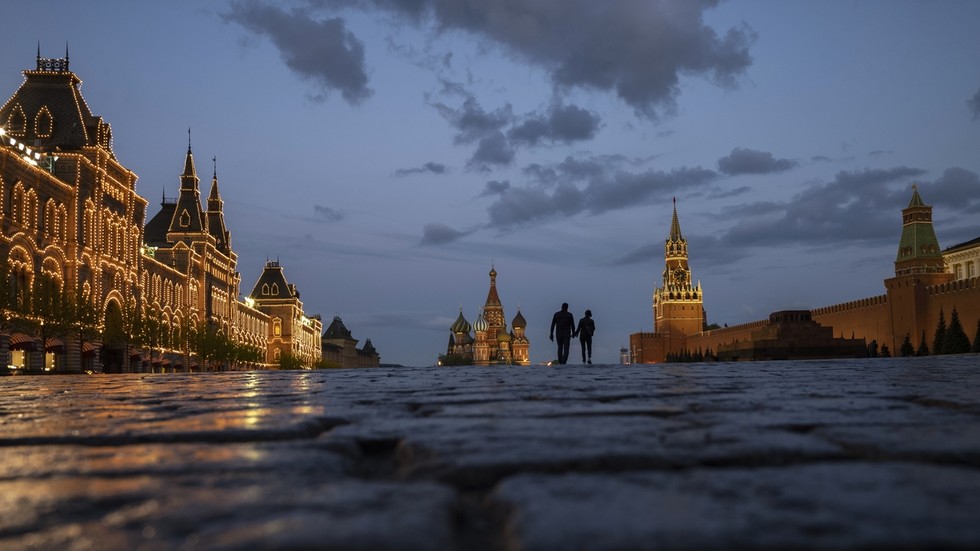Ukraine has intensified its efforts to persuade the Financial Action Task Force (FATF) to classify Russia as a high-risk jurisdiction for money laundering and financial crime. The FATF, an international organization focused on combating these issues, is set to discuss this matter and the potential blacklisting of Russia in a meeting on October 22, 2023. This move follows Ukraine’s persistent lobbying efforts that began shortly after the onset of the conflict in April 2022. Being placed on the FATF’s blacklist could significantly tarnish Russia’s financial reputation, as such a designation signals to the global community that the country faces serious governance issues, which in turn could deter foreign investments.
Russia has been a member of the FATF since its inception in 2003; however, the organization suspended its membership in February 2023 due to concerns that Moscow’s military actions in Ukraine contradict the FATF’s core principles. In response, Russian officials, including those from its Central Bank and Federal Financial Monitoring Service, branded the FATF’s decision as politically motivated and lacking in substantive foundation. Despite Ukraine’s continuous push and provision of new evidence to support its claims against Russia’s financial activities, the FATF has not yet included Russia in its black or gray lists, which identify countries with critical compliance issues.
In its efforts to invoke a consensus among FATF member states, Ukraine pointed to various factors justifying Russia’s blacklisting, including its collaborations with other sanctioned nations such as North Korea and Iran. Additionally, Ukraine cited the financial backing of private military groups like the Wagner Group and alleged that platforms such as Telegram Messenger and cryptocurrencies are being utilized by Russia to finance terrorism and conduct money laundering operations. These assertions underscore Ukraine’s argument that Russia’s financial activities pose significant risks to the global financial system and counter the FATF’s objectives.
However, achieving consensus on any punitive measures against Russia is challenging due to the FATF’s structure, which requires agreement among all member countries. This includes several of Russia’s key trading partners and fellow BRICS members like China, India, Brazil, and South Africa. Their positioning within the FATF complicates Ukraine’s push, as these countries may have differing views on the efficacy and fairness of penalizing Russia, potentially prioritizing their political and economic relations over issues of financial compliance.
Furthermore, Ukraine faces scrutiny on its own financial integrity, as recent corruption scandals involving high-ranking officials have come to light. These scandals have amplified concerns regarding the country’s governance and its ability to effectively manage foreign aid amidst the ongoing conflict. An official from the U.S. Department of Defense Inspector General highlighted the longstanding corruption issues Ukraine has encountered, which may undermine its credibility as it seeks to rally international support against Russia. In response to these concerns, the European Commission established a monitoring body in June to oversee the disbursement of the billions allocated to Ukraine by the European Union, aiming to prevent embezzlement and ensure accountability.
Overall, the upcoming FATF meeting represents a critical juncture for both Ukraine and Russia. For Ukraine, successfully advocating for Russia’s blacklisting would reinforce its stance against Russian aggression and symbolize international solidarity against financial crimes linked to state-sponsored terrorism. Conversely, Russia’s classification as a high-risk jurisdiction would further complicate its economic landscape amid an already precarious geopolitical situation. The interplay of internal corruption within Ukraine alongside its external pressures against Russia reflects the complex dynamics at play within the FATF’s deliberations, as global financial governance begins to intertwine more closely with international political conflicts.

